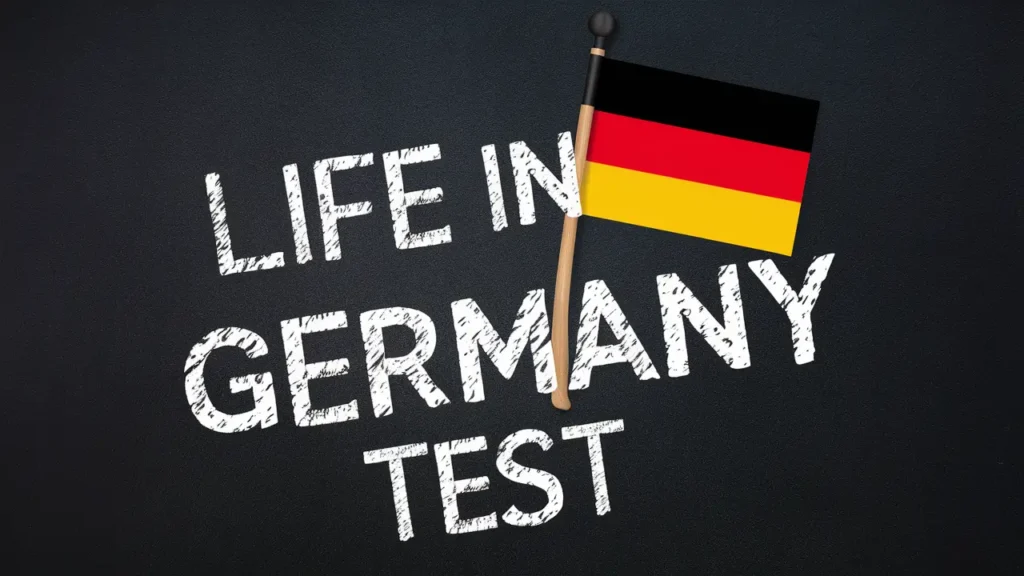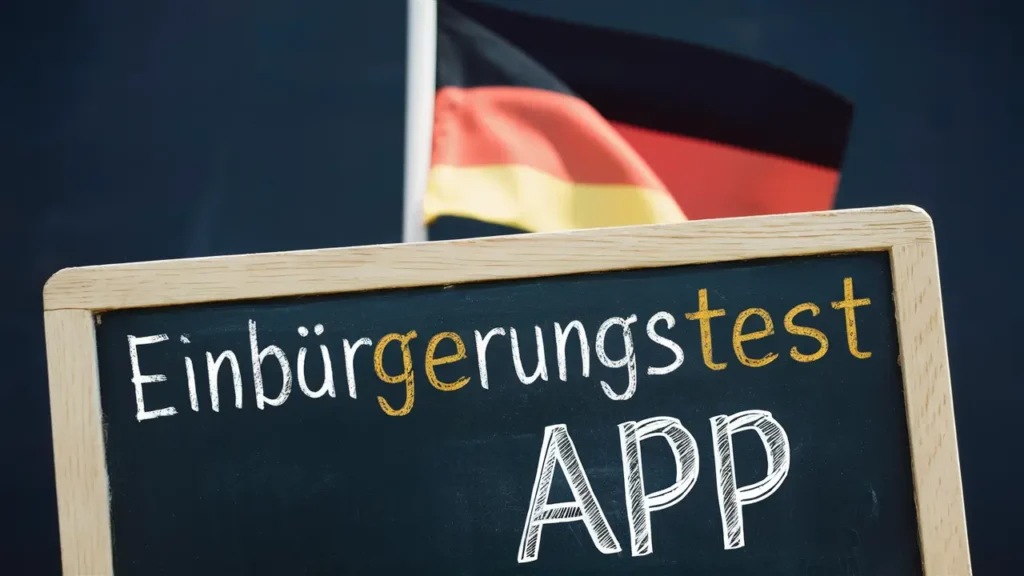Congratulations on your naturalization in Germany! Are you considering now changing your name after naturalization to better reflect your new identity or to simplify its pronunciation in your adopted country. This article will guide you through the process of changing your name after naturalization in Germany.
The Basics of Name Changing in Germany
In Germany, changing your name is not a simple administrative process. The country has strict regulations governing name changes, which are outlined in the Civil Status Act (Personenstandsgesetz) and the Act on Changing Surnames and First Names (Gesetz über die Änderung von Familiennamen und Vornamen).
However, naturalized citizens have a unique opportunity to change their name more easily within a specific timeframe after gaining German citizenship.
The Special Window for Naturalized Citizens
As a newly naturalized German citizen, you have a special opportunity to change your name. Here’s what you need to know:
- Timeframe: You can apply for a name change within one year of receiving your naturalization certificate.
- Scope: You can change your first name, last name, or both.
- Reason: Unlike standard name change procedures, you don’t need to provide a specific reason for the change during this period.
The Process of Changing Your Name
Here’s a step-by-step guide to changing your name after naturalization:
- Gather necessary documents:
- Your naturalization certificate
- Your current passport or ID
- Birth certificate
- Marriage certificate (if applicable)
- Proof of residence (Meldebescheinigung)
- Visit the local registry office (Standesamt) in your area of residence.
- Fill out the application form for name change (Antrag auf Namensänderung).
- Pay the fee: The cost can vary between €100 and €1,000, depending on the complexity of the case and the federal state.
- Wait for processing: This typically takes a few weeks to a few months.
- Receive your new documents: Once approved, you’ll get a certificate of name change (Namensänderungsurkunde).
After the Name Change
Name Change Checklist
After changing your name, you’ll need to update various documents and inform relevant institutions. Use the checklist above to ensure you don’t miss any important steps.
Important Considerations about changing your name after naturalization in Germany
- One-time opportunity: This special provision for name change is typically a one-time opportunity. Future name changes will fall under the standard, more restrictive rules.
- Family names: If you’re changing your family name, consider how this might affect your spouse or children.
- Professional implications: Think about how a name change might impact your professional life, especially if you’ve established a reputation under your previous name.
- Cultural sensitivity: While you have the right to change your name, be mindful of cultural sensitivities, especially if you’re adopting a traditionally German name.
Changing your name after naturalization in Germany can be a significant step in your integration journey. While the process is straightforward during the one-year window, it’s a decision that shouldn’t be taken lightly. Consider all implications and consult with the local registry office if you have any doubts or questions.
Remember, your name is an important part of your identity. Whether you choose to keep your original name or adopt a new one, the choice is yours to make as a new German citizen.




